Star Ocean: The Divine Force on PS5
It’s the 25th anniversary of the Star Ocean series, though that’s purely for the Japanese release. The first game wasn’t actually localized until 2008 for the PSP. Nonetheless, Star Ocean: The Divine Force serves as a history lesson while guiding the series forward with a new installment that has much wider consequences than any Star Ocean before. It would also be easy to deride the story offered in The Divine Force as standard Star Ocean fare, but I think that it mostly works on an “if it’s not broke, don’t fix it” level. Though, its length might be somewhat off-putting.
The Divine Force starts with a choice between two protagonists, something a Star Ocean game has never offered before, with each character presenting separate sections of the story that offer distinct experiences.
Your first choice is Raymond Lawrence, captain of the merchant vessel Ydas, which is owned by his family’s interstellar courier company and the other choice is Laeticia Aucerius, a Princess on the “underdeveloped” planet Aster IV. As with just about every Star Ocean story, an underdeveloped world ends up set upon by technology from the stars.
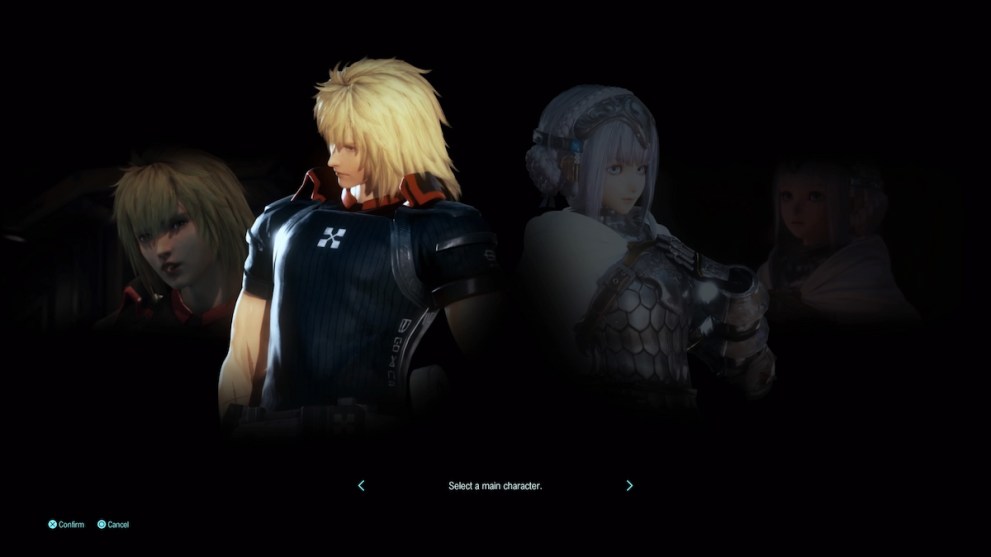
Raymond’s story begins with being unceremoniously assaulted by a ship belonging to the Pangalactic Federation, the series’ major multi-planetary alliance government. The attack was unwarranted, as the Ydas is by no means a combat-ready vessel. But, seeing as Raymond is a compassionate captain, he immediately orders that all crew abandon ship the second things look hopeless for the Ydas.
On the way down to the surface, the escape pods are hit by some sort of electrical field and forced to drift apart, meaning that Raymond is more separated from his crew than ever, though he does manage to come away unharmed from the landing. Soon after exiting the pod, he is saved by Laeticia and her childhood friend/knight Albaird Bergholm, and the two arrive just in time to save him from a massive enemy. While they somehow know that the pod is a ship, neither of the two seems overly surprised at Raymond coming down from the sky.
As said, you should know you’re coming into a game with at least a 40-hour story playthrough, and that’s probably on the low side if you really want to dive into it. The length was something that didn’t bother me until roughly 3/4ths into it, when it began to drag, collapsing under its own weight.
This was felt the most clearly in the last chunk of the game when I had to tackle three dungeons in a row that all had that final dungeon feel. The worst part about all this is that the story progression and ending are all presented without any sort of new game plus payoff at the end. If you want to experience the other protagonist’s story in full, you are going to have to start a completely fresh playthrough and slog back through the same 40 hours.
The first taste of combat in Divine Force feels like a breath of fresh air for the series, as it entirely alleviates the awkward combo chaining of Star Ocean: Integrity and Faithlessness. Instead of being forced to focus on short or long-range, you are instead allowed to map any attack to square, triangle, or circle, each in groups of three.
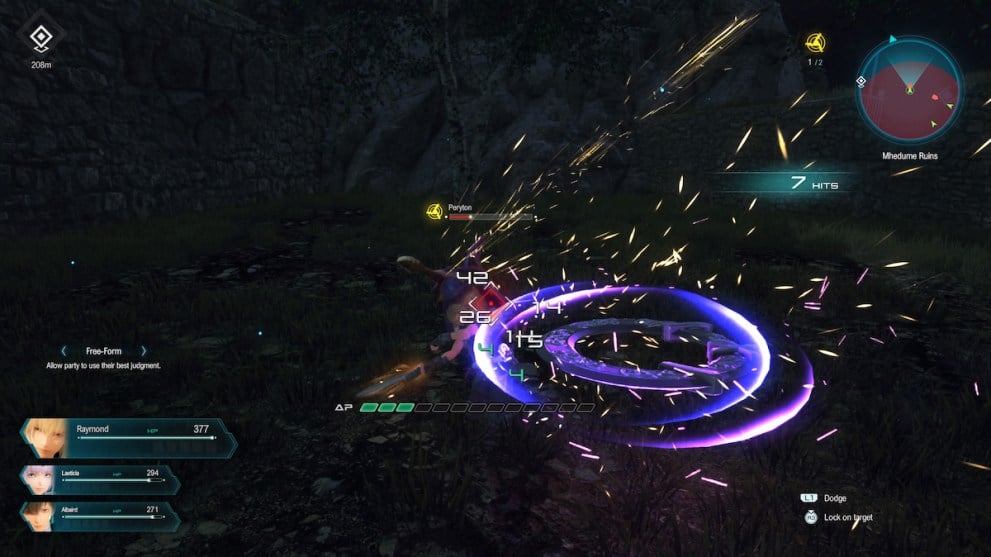
When traveling through maps/dungeons, starting combat is absolutely seamless. Battles start the instant you are spotted or make an opening/surprise attack, and then once the last enemy falls, it ends just as quickly, with no stopping to have to handle a results screen. All battles take place in a specific area denoted by a red circle on the minimap, and getting out of battle is as easy as walking out of the said circle. This excellent change in the combat formula made picking fights so simple that I never found myself avoiding enemies while exploring or traveling.
One of the other best combat changes is that the mana bar has been entirely removed to give players one less thing to worry about maintaining in the heat of battle. Instead of a mana pool, you instead have AP, which works as the number of actions you can do at once. At its lowest, you get five AP to work with, but this can double through special attacks.
The more basic attacks cost one AP, whereas more hard-hitting will use a whole five. AP comes back fast enough (except not while sprinting/dodging) that it’s not something that needs to be paid any special attention to unless you are really trying to hammer an enemy with multiple harder attacks just to get your timing right.
AI-controlled party members will attack using whatever skills have been unlocked, but there’s no way to adjust what attacks they can or cannot use. Even with that, you are still free to edit any character’s combos to have a character ready in the event you wish to play as someone else.
While I had picked Raymond as my protagonist from the start, I found his available attacks underwhelming and got to the point where I would play someone else during boss fights just to mix things up. But, in the normal fights scattered across the game’s expansive maps, I would still stick to Raymond because he’s the best damage dealer in the game.
Each character has their own skill tree, these offer things like combat attacks, active buff skills, stat increases, and resistance upgrades. While they are certainly useful, they are a chore to handle. This is especially evident when characters join as the game progresses, and then you have to sit and pour over their skill trees for the next few minutes.
The biggest crime of the skill trees is that every single node must be bought individually. I quickly found myself wishing I could grab nodes in bulk, and still don’t understand why that wasn’t a common sense option.
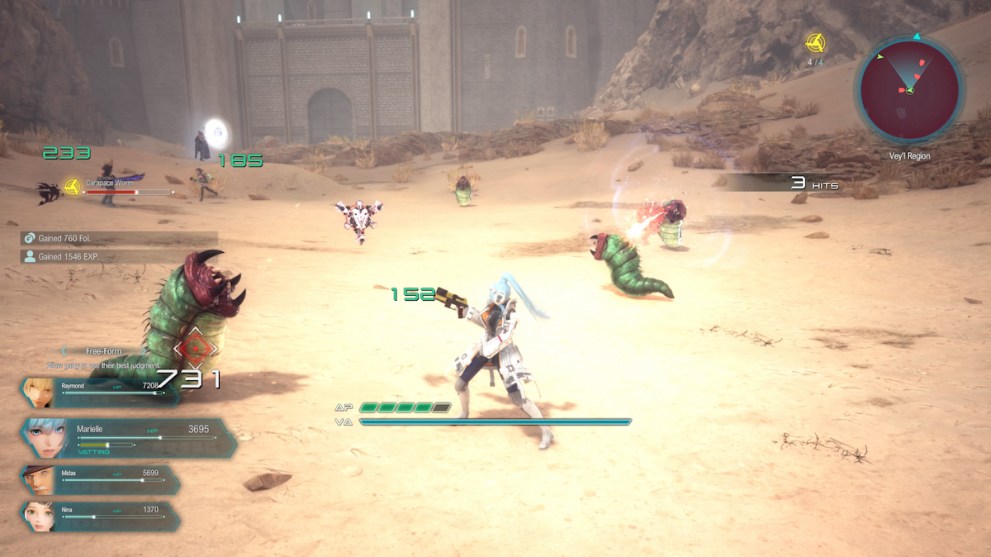
Skill trees become rather unnecessary around halfway through the game, as you will, by that point, have earned enough SP to purchase the most important skills and stat-ups. From that point, it makes much more sense to level up attacks and passive skills to get much more out of the SP spent.
As far as the usefulness of skills goes, just about every character gets the Auto Healing skill that offers periodic (roughly once every two seconds) healing at an upgradeable amount of up to 3% of max HP. This skill was absolutely integral to the game, considering that the only healer the party gets is incredibly flimsy in a fight.
The weak healer isn’t fully the fault of the character, either, but because the game doesn’t give any options to tweak behavior. You can’t set the AI to stay back from the fight and only rush in when needed. Instead, you can only change their designated target.
This is exactly why I regularly found my party dead because they didn’t know better than to not stand in an enemy’s AoE (area of effect) attack. The healer would run all over the battlefield as I couldn’t set them to only seek out providing heals at certain times. At the same time, the healer wouldn’t always use the right skills at the right moment.
More than I care to remember I had to adopt a “fine, I’ll do it myself” attitude and take control of them directly to go revive a downed party member because they just simply wouldn’t. It’s not that items aren’t useful, however, but how they are used is prohibitive.
Unless you equip and upgrade a specific skill, items are just about impossible to use in a battle with multiple enemies. When using an item, any item, there is a stage of readying it, and your character just stands there, making it frustratingly easy for any enemy to come up and one hit from them cancels the item usage outright.
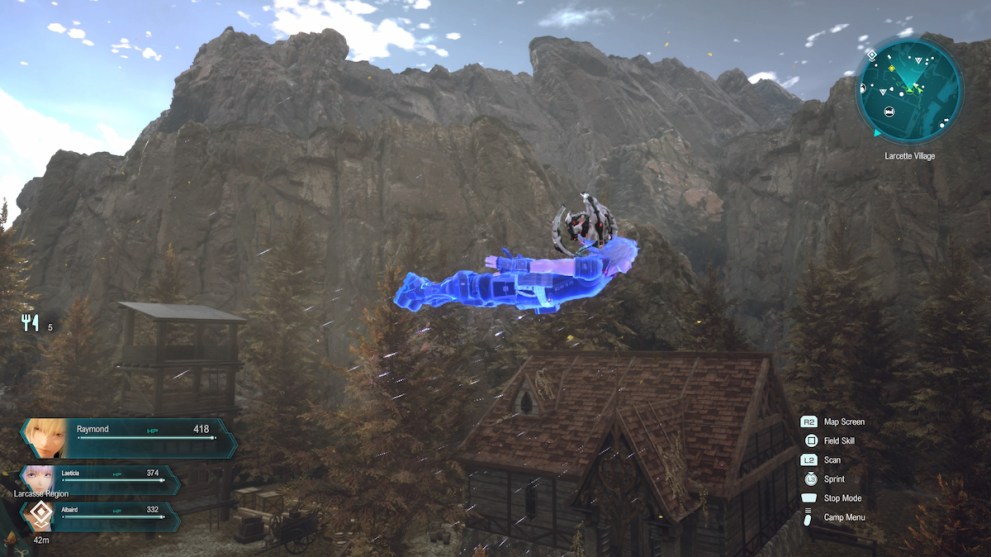
One of the best ways that Divine Force serves to break from the series’ traditions is through exploration. While every Star Ocean game before has always had decently sized maps, Divine Force not only gives players tons of room to free roam but there is an added vertical element. A support AI drone character named D.U.M.A. (no, the game never says what this stands for) is how these new feats are possible, as it gives the player the ability to launch into the air and then glide down.
This removed all difficulty in getting to hard-to-reach places and made me far more willing to hunt down a chest revealed by D.U.M.A.’s wonderful scan ability. While extremely handy out on the field, D.U.M.A. also serves a combat purpose as the aerial aspect can give you a leg up on enemies with blindside attacks.
Star Ocean: The Divine Force is an excellent step forward for the series and should mean plenty to longtime fans. Between the changes to combat and the enhanced exploration abilities, there has never been a better time to sink your teeth into this action RPG series. However, Divine Force doesn’t shy away from delivering a lengthy, epic journey that might wear players down before they ever get to the finish.
- No more having to manage MP.
- You can choose your protagonist.
- Nicely customizable attack combos.
- Enjoyable exploration mechanics.
- Can scan for chests and important map locations.
- Story kind of overstays its welcome.
- No new game plus.
- Can't really tweak AI tactics/behavior.
- Managing skill trees quickly becomes a chore.
- Healer character doesn't always do her job properly.
- Using items without upgrading one specific skill is almost impossible.

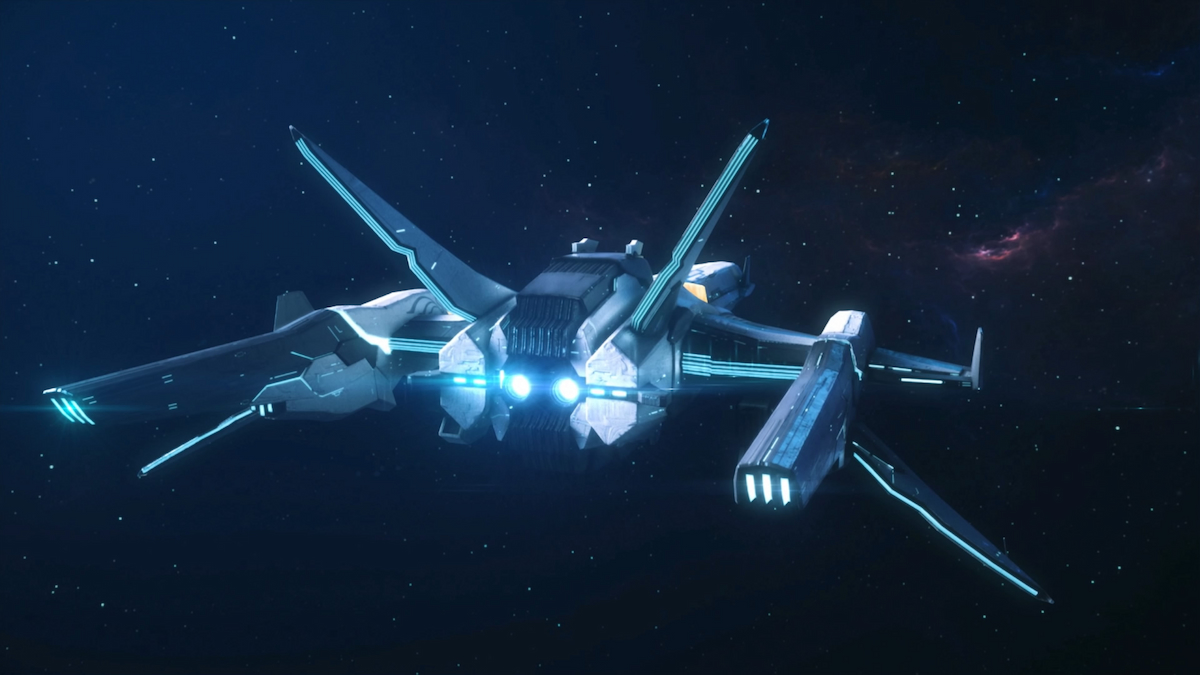






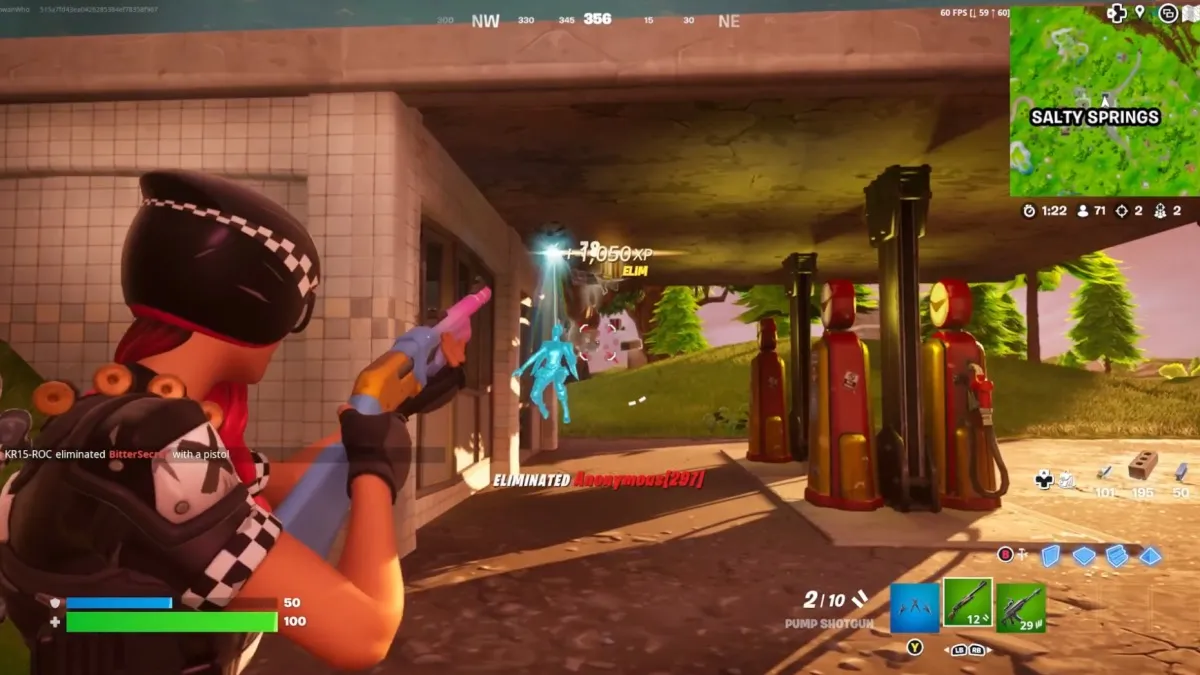




Updated: Oct 27, 2022 03:44 pm